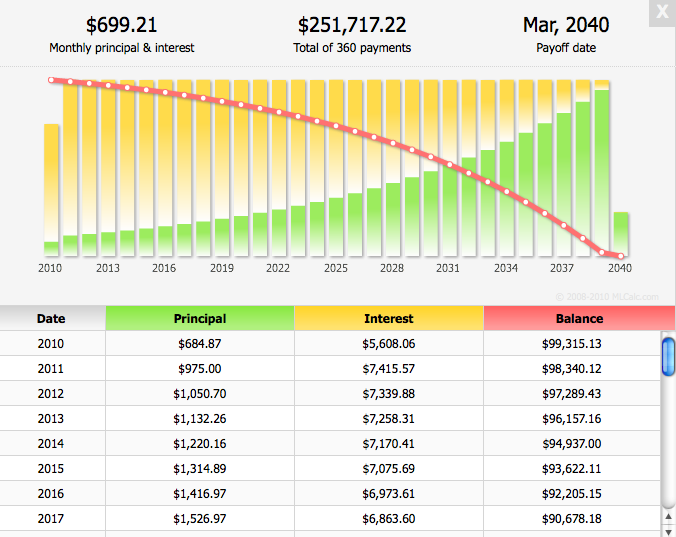
Do Open Houses work, or are they a waste of time?
Do open houses work, or are they a waste of time? There are good reasons to hold open houses. Yet there are reasons to skip them. Read more to evaluate your best course of action! When you hire a real estate agent to sell your home, one of the first things they'll suggest is hosting an open house s

Be Prepared
Everyone these days needs a disaster preparedness plan As we've seen on the news with increasing frequency, disasters like wildfires, hurricanes, earthquakes, and floods can steal people's homes out from under their feet in minutes. It makes sense to at least consider the possibilities in your area

9 Common Questions We Get from New(or Returning) Home Buyers
THE 9 MOST COMMON QUESTIONS WE GET FROM NEW (OR RETURNING) HOME BUYERS WHETHER YOU’RE A FIRST TIME BUYER OR A FOURTH TIME BUYER, THE QUESTIONS SEEM TO BE THE SAME. HERE’S A QUICK GUIDE THAT CAN HELP YOU SEE THE WHOLE PICTURE QUESTIONS COVERED What's the first thing I should do to buy a house? How l
Recent Posts









